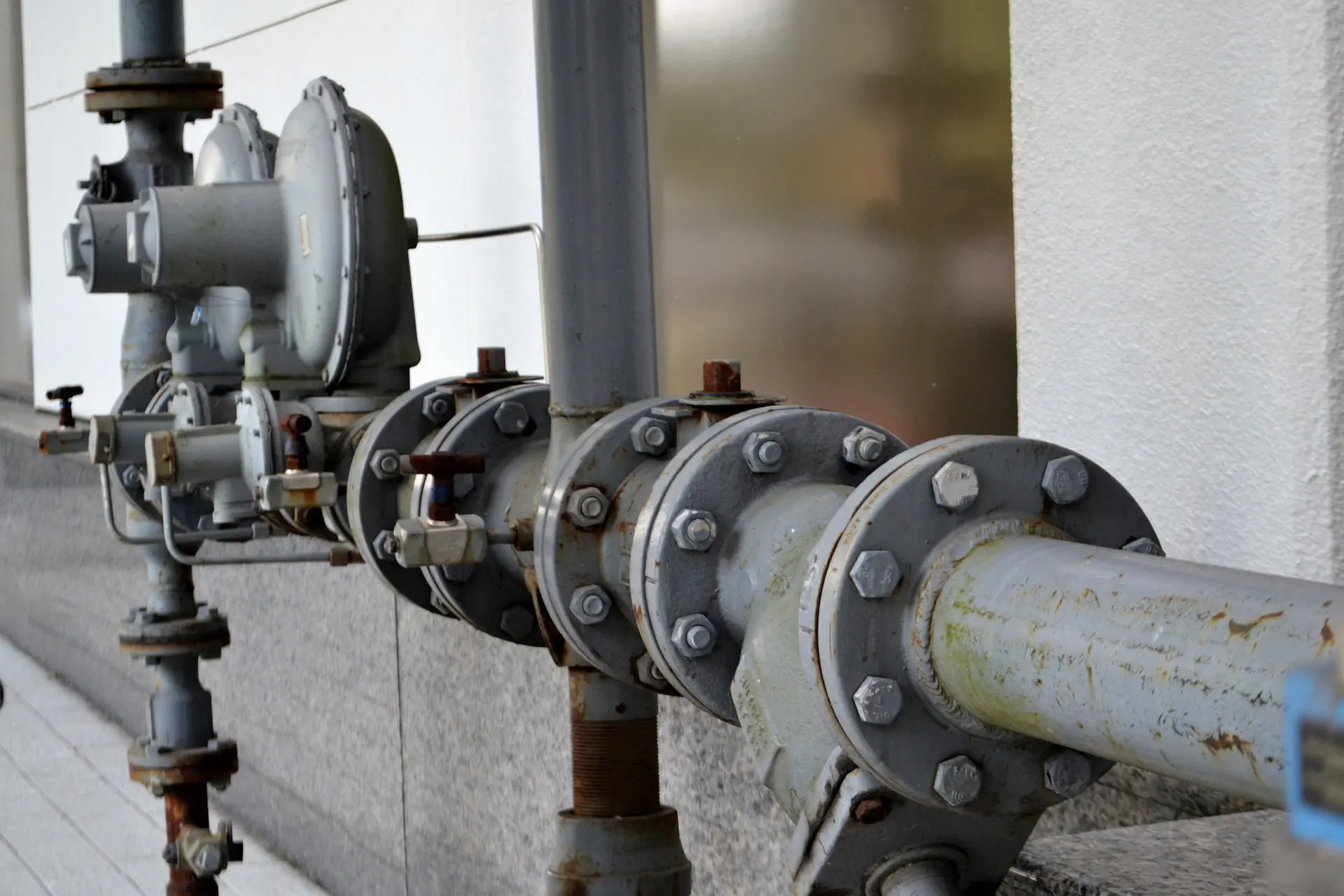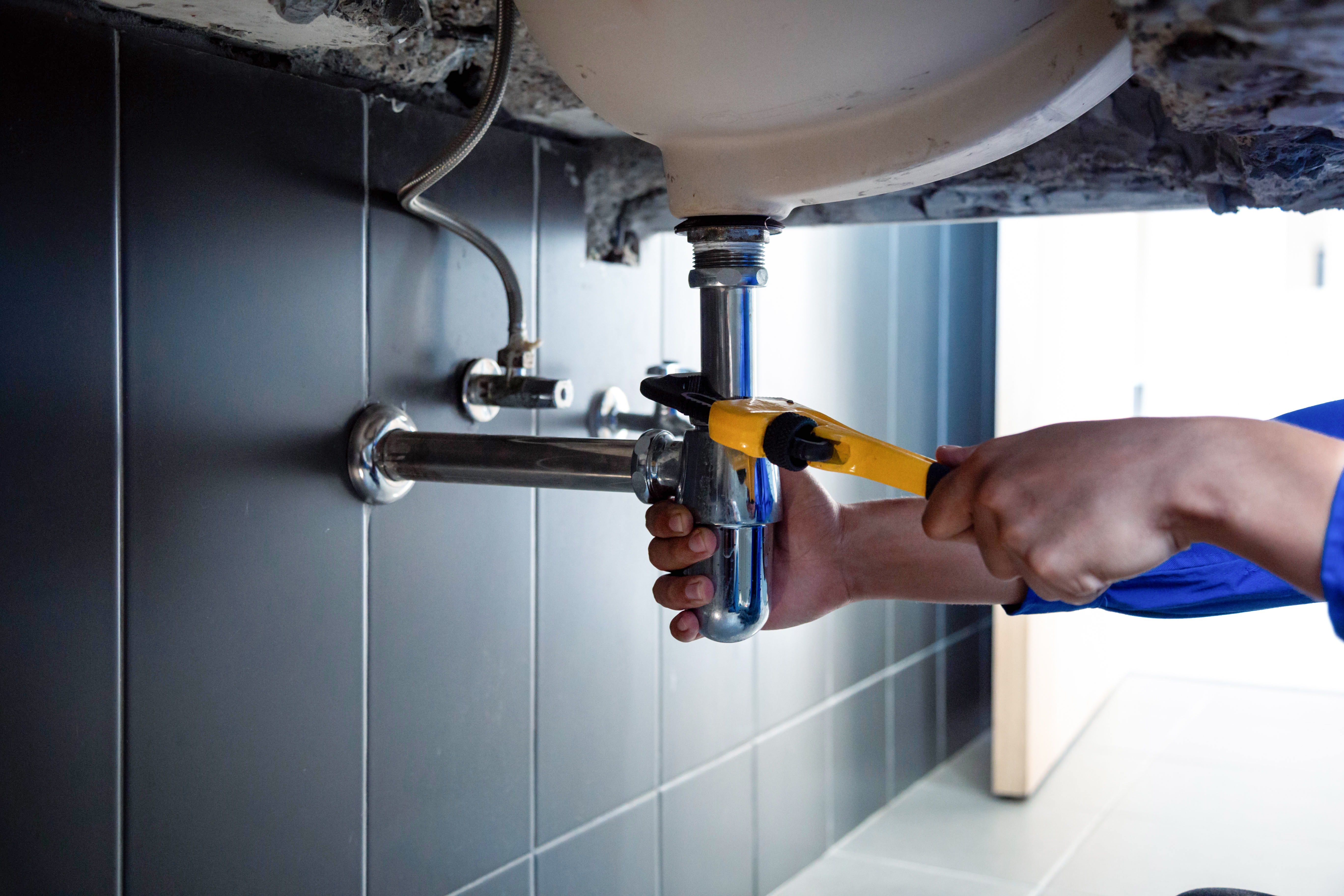They are making several good annotation relating to Understanding Water Hammer - Pipelines, Piping as a whole in the content down the page.

Introduction
Have you ever switched off a faucet and listened to a loud bang or knocking sound coming from your pipes? That unsettling sound, usually called an abrupt thud or beat, is referred to as water hammer. It's not simply a bothersome peculiarity of older homes-- water hammer can happen anywhere, and if left untreated, it can cause more significant pipes issues. In this short article, we'll debunk water hammer, discover its causes, and review functional ways to fix and stop it. Think about it as your ultimate guide to taming those unruly pipes once and for all.
Unexpected Shutoff Closure
Rapidly shutting off a faucet or device can create a sudden water circulation stop. Dishwashers and washing makers, which have automatic valves, are typically perpetrators in producing these unanticipated quits.
Incorrect Pipe Sizing
Pipelines that are also little for the amount of water flowing with them can raise the possibility of water hammer. Limited area suggests greater speed, and higher velocity means more powerful stress rises.
High Water Stress
Extreme water pressure not just wastes water and money but additionally intensifies the effects of water hammer. The more force behind the circulation, the more challenging it strikes when compelled to quit.
Why is Water Hammer a Trouble?
You might ask yourself, "Is water hammer simply a noise concern?" It's more than that. While the noise can be frustrating, the genuine trouble exists below the surface area.
The Science Behind Water Hammer
Water hammer is basically about kinetic energy. When water relocates via pipelines, it lugs momentum. If something disrupts that motion-- like a shutoff closing as well promptly-- this momentum transforms right into a stress surge. Pipelines, fittings, and shutoffs experience this spike in pressure, usually leading to that banging noise you dread.
Usual Reasons For Water Hammer
Comprehending the origin of water hammer is the very first step to fixing it.
What is Water Hammer?
Water hammer is a shockwave of pressure that takes place within your pipes when water circulation quits or alters direction quickly. Picture a crowd of joggers sprinting down a narrow corridor, only to have a door slam shut at the end. The sudden quit causes a domino effect, leading to a collision of bodies. In your plumbing system, water acts like those joggers, and when it's forced to quit instantly, it produces stress waves that travel via the pipes.
Noisy Pipes and Home Disturbances
One of the most obvious problem is the racket. Hearing clunks and bangs every single time you do laundry or run the dish washer can interrupt the peace in your house. It could not look like a big deal initially, however with time, it can wear on your nerves.
Prospective Damages to Plumbing System
Water hammer places stress and anxiety on shutoffs, joints, and installations. Repeated stress rises can weaken connections, create leakages, or perhaps result in pipe ruptureds-- an expensive and inconvenient circumstance no one wishes to deal with.
Long-Term Deterioration
Gradually, consistent water hammer can result in more frequent repair services, premature wear on parts, and a reduced life-span for your plumbing system. Think about it as minor tension accumulating right into a bigger concern.
Identifying Water Embed Your Home
Before you can deal with a trouble, you need to validate it's there. So, exactly how do you know if you're handling water hammer?
Indicators and Appears
Pay attention for knocking or pounding noises when turning off taps or running home appliances. If the audio seems to come from within the walls, there's a great chance water hammer is responsible.
Conducting an Easy Evaluation
Attempt transforming taps on and off at different rates. If you notice the sound only occurs with certain components or at certain times, you've gathered ideas about where and when water hammer is occurring.
Short-Term Fixes to Regulate Water Hammer
If water hammer is driving you up the wall, there are prompt actions you can take.
Readjusting Water Stress
If your home's water pressure is set too high, think about setting up a stress regulator or changing the existing one. Reducing the stress can decrease the intensity of those shockwaves.
Protecting Loosened Pipes
Pipes that aren't correctly secured can intensify water hammer noises. Including pipeline bands or supporting materials can help support them and avoid them from rattling against surface areas.
Making Use Of Air Chambers or Arrestors
Air chambers are straightforward tools that catch a pocket of air in an upright pipe. This air acts as a padding, soaking up the pressure rise. If you don't have them, setting up water hammer arrestors can attain a similar impact.
Long-Term Solutions and Upgrades
If you're trying to find even more long-term solutions, it might be time to think about some upgrades.
Putting Up Water Hammer Arrestors
These gadgets, made specifically to counter water hammer, can be put near components or appliances. They include a piston and chamber that soak up stress changes before they spread out throughout your system.
Identifying Your Comfort Degree
If you're handy, you may be able to deal with standard fixes like installing arrestors or adjusting pressure. But if you're unclear or if the problem persists, there's no embarassment in looking for professional assistance.
When to Call a Plumbing
If your attempts at taking care of water hammer fail or if you believe concealed problems within your wall surfaces, a qualified plumber can detect the issue properly and suggest long-term solutions.
Avoiding Water Hammer from the beginning
The very best means to deal with water hammer is to stop it prior to it starts.
Including Expansion Tanks
An expansion storage tank attached to your water heater can assist reduce stress variations caused by thermal growth. By providing water a location to go when heated, you reduce stress on pipelines.
Updating Pipe Materials
If you're planning renovations or dealing with an older home, updating to more adaptable piping materials, like PEX, can help in reducing the danger of water hammer. These products can absorb shock much better than inflexible pipelines.
Balancing Expenses with Benefits
Remember, the option-- pipeline damage, leakages, and continuous inconvenience-- can be much more costly over time. Think about these repairs as an investment in assurance and home worth.
Prices and Considerations
Investing in preventing or taking care of water hammer can save you cash in the future.
Approximating Costs
The expense varies depending upon the seriousness of the trouble and the selected option. Easy fixes like including arrestors or pipeline sustains may be relatively low-cost, while much more comprehensive upgrades could set you back even more.
Do it yourself vs. Expert Aid
Some home owners like an excellent do it yourself obstacle, while others favor to leave plumbing problems to the pros.
Creating a Proper Pipes Format
If you're developing a brand-new home or going through significant remodellings, get in touch with a plumbing professional regarding creating a format that lessens sudden water flow modifications and consists of appropriate shock-absorbing components.
Routine Maintenance Checks
Much like your automobile requires routine service, so does your plumbing system. Routine checks for leakages, stress modifications, and strange noises can catch concerns early and prevent water hammer from holding.
Verdict
Water hammer isn't just a frustrating sound; it's a signal that your plumbing system needs interest. By comprehending what creates it, taking immediate activity, and investing in long-lasting services, you can guarantee your pipelines continue to be calm and quiet. Whether you select a simple DIY strategy or hire a professional, dealing with water hammer is an action toward a much more calm and reliable home.
Understanding Water Hammer: Causes, Effects, and Effective Solutions
Water hammer is a common plumbing issue that often goes unnoticed until it becomes a significant problem. If you've ever heard a loud banging noise when you turn off a faucet or noticed your pipes making strange sounds, you may be experiencing water hammer. In this blog post, we will delve into what water hammer is, its causes, effects, and most importantly, how to prevent and stop it from wreaking havoc on your plumbing system.
What is Water Hammer?
Water hammer, also known as hydraulic shock, is a phenomenon that occurs when a sudden change in the flow of water within a plumbing system results in pressure fluctuations and shockwaves. This can lead to loud banging or knocking noises in your pipes, and over time, it can cause damage to pipes, joints, and fixtures.
Causes of Water Hammer
Quick Valve Closures: One of the primary causes of water hammer is the abrupt closing of valves, such as faucets, washing machines, or dishwashers. When water flow is suddenly stopped, the momentum of the flowing water creates pressure waves that travel through the pipes, causing the banging noise. High Water Velocity: Water traveling at high speeds through pipes can exacerbate water hammer. This is often the case in larger plumbing systems or systems with oversized pipes that allow water to flow too quickly. Long Pipe Lengths: Longer pipe lengths provide more room for pressure fluctuations to develop and intensify. The longer the distance for the pressure waves to travel, the more significant the water hammer effect can become. Effects of Water Hammer
Noise Pollution: The most obvious effect of water hammer is the loud banging or knocking noise that can disturb your household. These noises are not only irritating but can also signal potential damage to your plumbing system. Pipe Damage: Over time, the repeated stress from water hammer can weaken pipes and joints, leading to leaks, cracks, and even burst pipes. This can result in costly repairs and water damage to your property. Appliance Wear and Tear: Appliances like washing machines and dishwashers can suffer from accelerated wear and tear due to water hammer, leading to a shorter lifespan and more frequent breakdowns. Preventing and Mitigating Water Hammer
Install Water Hammer Arrestors: Water hammer arrestors are devices that absorb the shockwaves caused by water hammer, preventing them from traveling through the pipes and causing noise and damage. These can be installed at specific points in your plumbing system to effectively mitigate the issue. Adjust Water Pressure: High water pressure can contribute to water hammer. Consider installing a pressure reducing valve (PRV) to regulate the water pressure in your plumbing system and reduce the risk of water hammer. Slow Valve Closure: Whenever possible, avoid abruptly shutting off water valves. Instead, close valves gradually to reduce the momentum of the water flow and minimize pressure fluctuations. Install Air Chambers: Air chambers are vertical sections of pipes that contain air, which acts as a cushion to absorb the shockwaves created by water hammer. Regular maintenance is essential to ensure the air chambers remain effective.

Do you enjoy reading up on What Is Water Hammer & How Do You Stop It?? Put a remark below. We would be happy to listen to your suggestions about this posting. In hopes that you come back again before long. Remember to take a moment to promote this page if you liked it. Bless you for being here. Come back soon.
Request Free Estimate